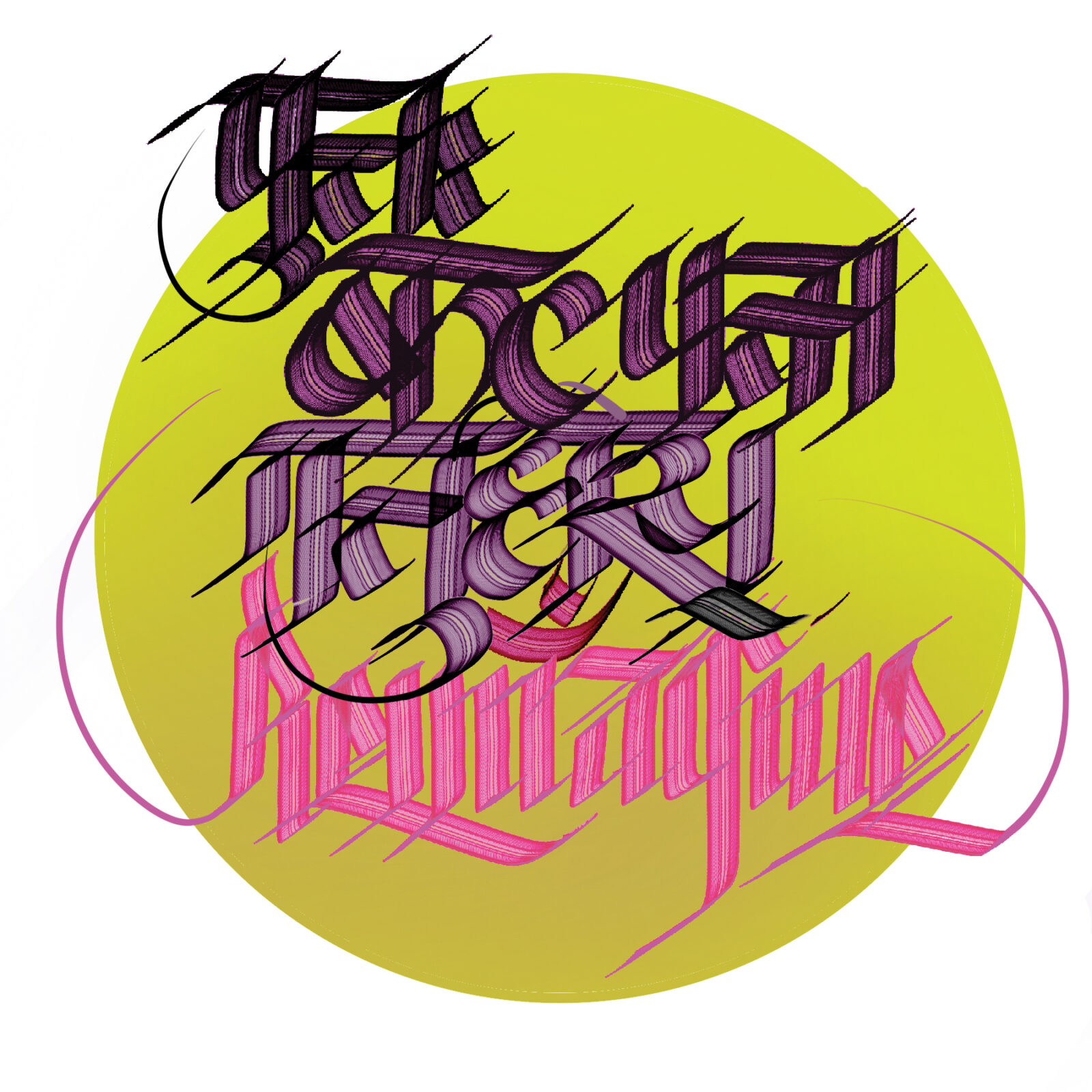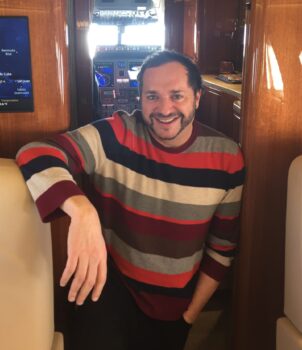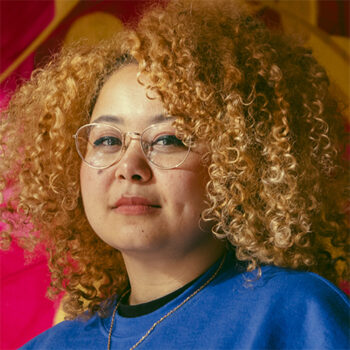


In the fall of 2004, Arun Ayyagari was scheduled to attend a technical workshop in Nuremberg, Germany. The flight missed its scheduled takeoff from Newcastle, England, and kept getting delayed. Rather than arriving early in the evening, he landed in Germany after midnight when the hotel front desk had closed for the night. After a taxi dropped him off, he stood on the empty street, ringing the bell. But as the minutes passed it seemed unlikely anyone was coming to let him inside.
When Arun turned around, he noticed the taxi was still at the curb, the driver craning his head to see what was happening. “Everything was closed. I was tired, hungry,” he said, adding, “language was a problem, although there was nobody on the streets to talk to.” The driver found a restaurant that was about to close: the lights were dimming, the neon sign just turned off. But when Arun opened the door and explained his situation, the owner prepared some food for him and even refused to take any money.
The restaurant owner asked where Arun was staying for the night. Arun told him that the hotel front desk was closed. The owner didn’t hesitate in telling him that he would arrange a place for him to stay. Arun politely refused and said he couldn’t accept the offer. But the restaurant owner insisted and then drove Arun to a nearby friend’s house where he woke the friend up. “Everything was so surreal that I was beyond grateful. After having my breakfast in the morning, I naively asked this gentleman why he trusted me, and he replied, ‘We are all human and should help each other.’” For Arun, that became what he refers to as a “lightbulb moment.”
That transformational conversation forever changed his thinking. Ever since, he has been someone who consciously helps others. “Stranger or acquaintance, near or dear, needy or not, it does not matter to me,” he says. This encounter helped Arun realize that self-actualization can come from actions big and small, including helping individuals, communities, or any cause that can leave an indelible impact on other people’s lives.
This new way of thinking led Arun to become involved in leadership roles in nonprofit organizations like Lead Foundation Global, where as president he champions youth initiatives and cultivates leadership skills. He does this by collaborating with the United Nations and other like-minded organizations in focusing on sustainable development goals, particularly quality education and clean water.
Those twenty-four hours in Germany helped him redefine what it means to be a citizen of the world and to expand on the definition of the word help. “Life, I’ve come to understand,” Arun adds, “is the best dictionary.”

Howard Kaplan is an editor and writer who helped found Spiral magazine in 2017. He currently works at the Smithsonian and divides his time between Washington, DC, and New York City.

IMAGINE (a.k.a. Sneha Shrestha) is a Nepali artist who incorporates her native language and the aesthetics of Sanskrit scriptures into her work. Her art has been featured in several exhibitions, and her public walls appear across the world from Kathmandu to Boston. The Museum of Fine Arts, Boston, acquired her painting Home416, making her the first contemporary Nepali artist to be part of the museum’s collection. She is a recipient of the 2025 James and Audrey Foster Prize and her work will be presented at the Institute of Contemporary Art, Boston, beginning August 25, 2025. Sneha Shrestha received her master’s degree from Harvard University.

Arun Ayyagari is an editor and policy analyst who writes on foreign policy, geopolitics, and international relations. He is a fellow at American Indo-Pacific Forum, a think tank in Washington, DC. He is an advanced pilot, commercial pilot, and drone pilot, and teaches US history, social studies, rocket science, and aerospace engineering.
Get the latest news and stories from the Rubin, plus occasional information on how to support our work.